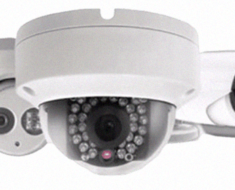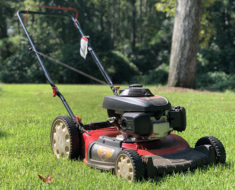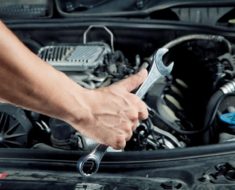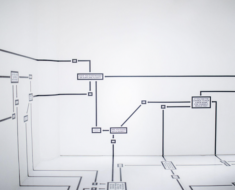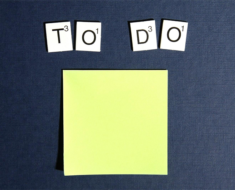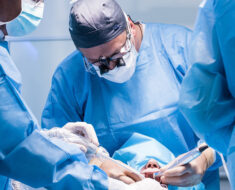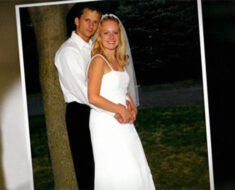A car accident can happen to anyone, even to the most careful drivers. It’s a stressful event, and dealing with the aftermath, regardless if your car gets damaged or you’re injured, can leave you shocked, scared, confused, overwhelmed, or furious at the guy who ran a red light.
Whatever you’re feeling, the first thing you need to do after being involved in a car accident is to stay calm. You need to keep a cool head to thoroughly and accurately document the wreck and protect yourself and your interests. This also applies if you are intoxicated and need a DUI Attorney to help navigate your legal situation
Make sure to cover all bases by following these six steps immediately after an automobile accident.
Step 1: Stop Your Vehicle
Never leave the scene of an accident even if it’s only a minor collision. It’s important that you stay where you are because driving away from the scene of an accident can be considered a crime. If your car is blocking traffic and can be moved, move it out of the way so you don’t cause any gridlock.
Do not move your car if it is severely damaged and cannot be safely driven off to the side. Likewise, leave the car where it is if there are injured parties that could be further injured by moving the vehicle. Also, do not move your car if it is unclear which party is at fault. In these cases, wait for the police before moving anything.
Step 2: Assess the Scene To Determine The Extent Of Damage Or Injuries
Before stepping out of your car, check first if you’re hurt. Don’t move if you find yourself injured. When you’ve determined that you’re okay and can safely get out of your car, check if anyone else needs help or medical attention. Carefully assess the scene to see if emergency services are required. Don’t attempt to move anyone who’s possibly injured until medical professionals arrive.
Call the police even if you’re involved only in a minor accident. A police accident report is important in assessing damage, injuries, and responsibility, and in obtaining your insurance claim and potential compensation.
Step 3: Take Pictures To Document The Scene And Damage
While waiting for the police and emergency services to arrive, use your smartphone or a camera to document the damage and aftermath of the accident. Take pictures of the scene and all vehicles involved and capture any visible damage. Also, take pictures if you or your passengers have any visible injuries. Take photos of all sides of the vehicles involved in the accident as well as the other car’s license plate. You can also take photos of other properties that were hit and damaged, the road or intersection where the accident occurred, and personal information of the other party involved, such as their driver’s license and insurance card.
Documentation through photos is important in the insurance claim process. Photos provide proof of damages caused by the accident, help support the reports of all parties, and prevent other concerned parties from misrepresenting or incorrectly reporting damages.
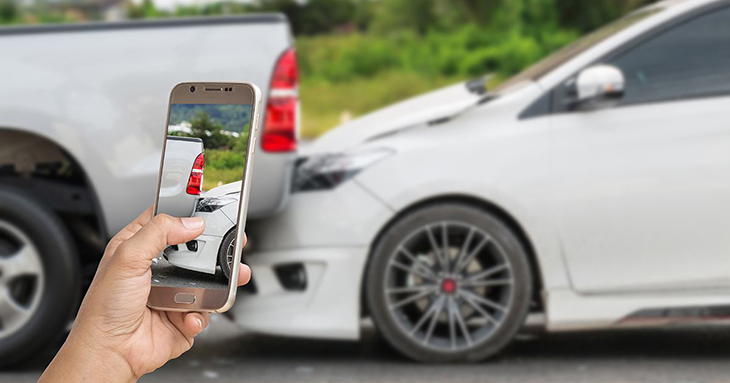
Colombo Law
Step 4: Collect And Exchange Information
After taking photos, collect more information that will help you with your auto insurance claim. Exchange contact and insurance information with the other party, and make sure you get the following:
- Complete name
- Contact information
- Driver’s license
- License plate number
- Type, color, and model of vehicle
- Location of accident or street name
- Insurance company and policy number
Get the names of all drivers and passengers, as well as the auto insurance information of everyone involved. Also, take note of the direction all parties were traveling, along with visibility and weather conditions.
It is critical that you limit your discussion of the accident with the other parties involved. You should never admit any fault or liability. Beyond getting their information, do not discuss anything else about the accident with them. You should only share in-depth information about the accident with your insurance representative, the police, and medical professionals. Discussing responsibility or liability with other drivers at the scene could be used against you later on, and you could be held responsible for damages and injuries resulting from the accident.
Once the police arrive, jot down the names and badge numbers of responding police officers. The police will ask for your version of the events, so make sure to provide them with as much accurate information as you can. Ask them as well when and where you can get a copy of the police report because you’ll need this document to file a claim, especially when there’s extensive damage that you would want to be compensated for.
Step 5: Report The Accident
Notify your insurance company and file a claim as soon as possible. Most policies require immediate reporting of an accident and full cooperation. You can even contact your insurance company from the scene of the accident and file your claim then and there. You should notify your insurance company immediately because you would want to describe the accident to a representative as accurately as possible, and you might forget some important details if you delay reporting the accident.
Your insurance representative will walk you through the steps of filing a claim. After getting all the information you have, you’ll be given instructions regarding the next steps once the claim is in motion.
Also, find out if you have medical benefits (Med Pay) as part of your coverage. If you have medical coverage, you are required to submit your accident-related hospital bills to your auto insurance company. Only once Med Pay benefits are exhausted does your private health insurance becomes your primary insurer.
Step 6: Protect Your Rights
The most important thing you need to do after being involved in a car accident is to contact your attorney. Even if you aren’t sure if you need an attorney, consult with one after you’ve dealt with the immediate concerns of the accident. Your attorney can protect your rights, make sure valuable evidence is not destroyed, and help you deal with your insurance company and other issues that may arise regarding the accident. Your attorney can also advise you on how to make sure you get fully compensated for your vehicle.
If your accident involved a serious injury or a fatality, you will want an attorney on your side to protect you and your best interests, ensure the accident’s events are properly represented, fight for appropriate compensation for your damages, and help you get the best medical treatment available.
Even if you’re involved only in a minor accident, your attorney can help ensure you get the compensation you deserve, making a process that can take years a lot easier for you.







